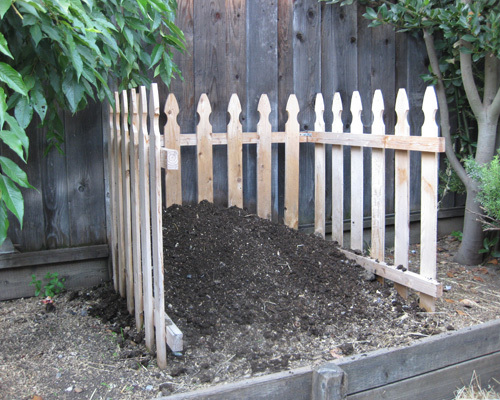
Beloved compost, how do I love thee? Let me count the ways. There are numerous reasons that compost has it all over synthetic fertilizers. First of all, compost actually changes the structure of the soil, adding excellent tilth and making it nutritionally rich. Synthetic fertilizers that people may reach for just out of habit temporarily mask poor soil’s true colors without actually solving any problems.
What is good soil?
Good garden soil offers stability for plant roots to hang onto and provides for their nutritional needs as well. In the most basic sense, organic matter, water, minerals, and air are soil components. So good garden soil is literally alive with billions of living, breathing, and invisible organisms. If you’re interested in healthy plants, minimal disease, and high fruit yields, don’t worry about feeding the plant; concentrate on feeding the soil. This means providing your vegetable garden with soil that’s high in organic matter—and now we’re talking compost. Organic matter is the beating heart of compost, and it’s the finest form of sustainability both for plants and other living organisms on earth.
What exactly is compost?
In order for the complex nutrients that come from plant and animal matter to become usable for plants, it must be broken down. Organic matter broken down becomes compost, and compost in its finished form is called humus. It’s the humus that makes nutrients available for plant roots to take up into the plant. You may have heard the term friable used to describe excellent garden soil. A soil with texture that is loamy and that crumbles easily is referred to as friable and is also a soil full of humus.
The compost you put into your vegetable bed will add valuable nitrogen, phosphorus, and potassium to the soil. But it will also add any number of micronutrients, such as zinc, copper, iron, molybdenum, iodine, manganese, boron, and cobalt. The amount depends on what organic materials have been added to the compost pile.
More compost benefits
- Compost can extend your growing season, because garden soil that’s nutritionally rich, loamy, and friable is a soil with good structure. And a soil with good structure is able to collect and hold heat longer than average garden soil. This means earlier planting and longer harvesting.
- Compost is an excellent pH buffer for soils that are a little acidic or a little alkaline. When there’s an abundance of humus in garden soil, vegetables (and other plants) become less dependent on pH levels in the soil. Of course, if you have a crop that favors one direction or another to grow well, you’ll want to amend that soil. For instance, blueberries thrive in soils on the acidic side; to add some acidity, place some used coffee grounds under them.
- Because compost increases the water-holding capacity of soil, it will certainly save money on your water bill and might save you time if you’re hand watering. Check this out: Dry soil that’s low in nutrition holds about 20% of its weight in water, while dry soil that’s high in organic matter holds about 200% of its weight in water.
- Compost is the ultimate in building soil structure, and that’s exactly what’s necessary to prevent water run-off. Regular watering, rain, and storms encourage soil with poor crumb structure to erode, which lowers soil fertility. Soon you’re right back where you started.
- While there are arguments against the idea of compost preventing foliage disease, there’s good reason to believe that it can help prevent soil-borne diseases from taking hold of vegetable plants.
The moral of the story: Use your compost, people.


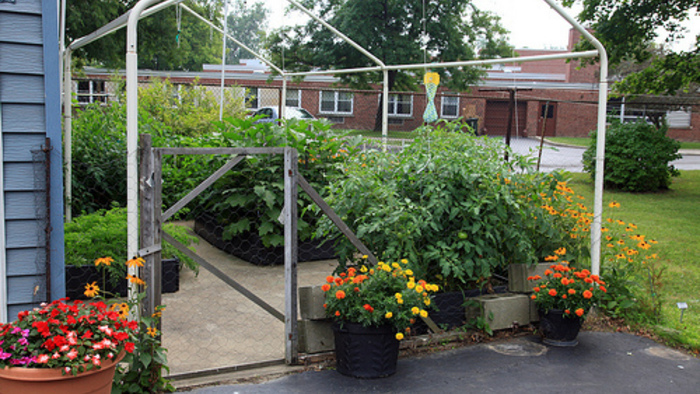

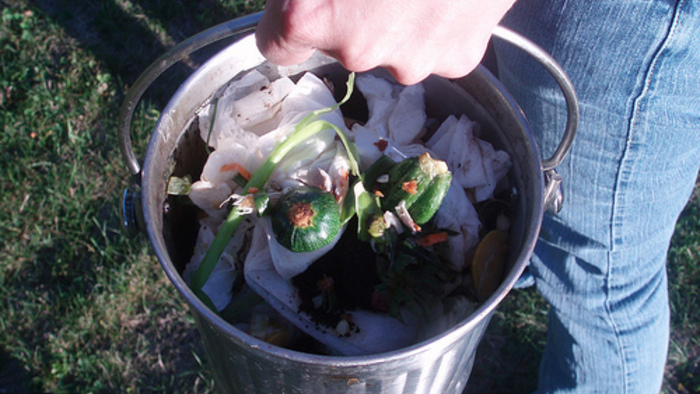

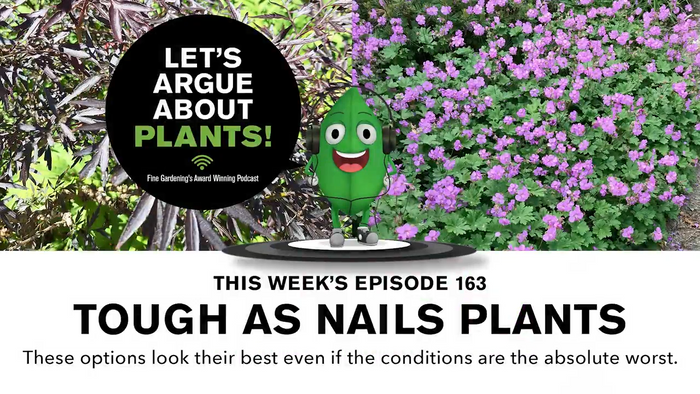
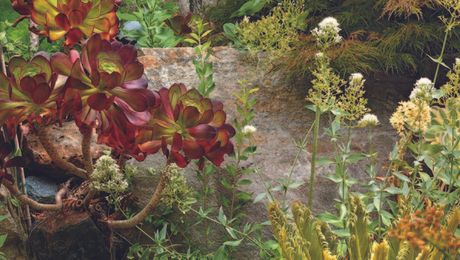
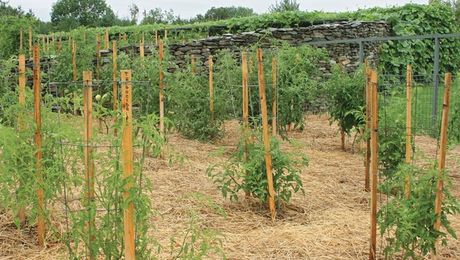









Comments
Log in or create an account to post a comment.
Sign up Log in